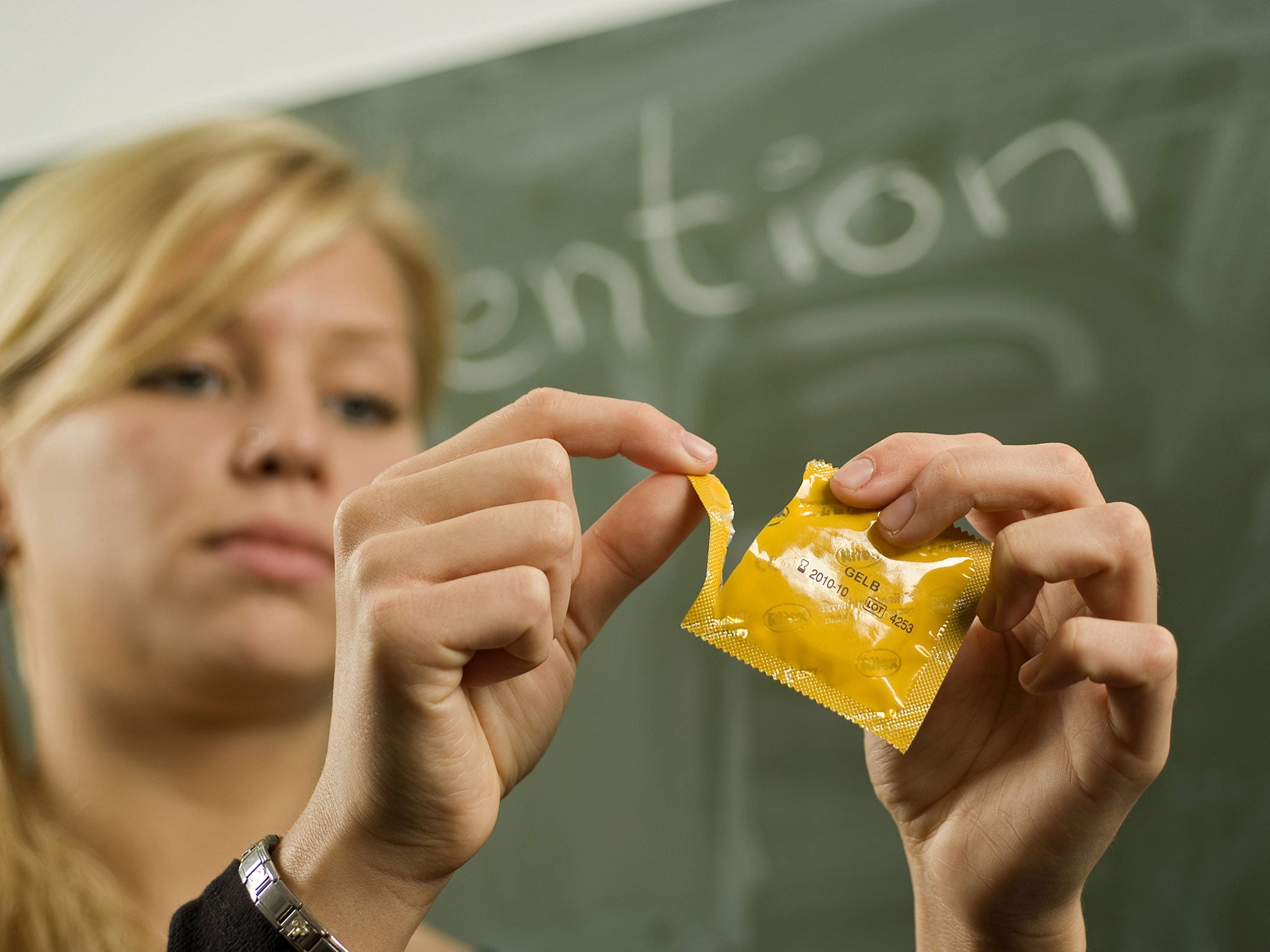Children deserve better sex education for modern life
A study revealing that children as young as seven have been engaged in 'sexting' should be a wake-up call

It has long been the preserve of what we might call the heirs to Mary Whitehouse to deny that young people are fascinated by sex and what it might mean to them. So a study by the NASUWT teaching union, which has revealed that children as young as seven have been engaged in “sexting” – the practice of sending messages containing sexualised images to one another using a mobile phone – should come as a useful wake-up call.
The study revealed that a quarter of teachers were aware of 11-year-old pupils sending sexualised images on social media. Most children involved in the taking and sharing of such images were, as one might expect, between the ages of 13 and 16 – not yet mature, but old enough to have begun exploring the physical aspects of adulthood.
The most worrying aspect, however, is that “sexting” is routinely used not for youthful experimentation but as a form of bullying. Images of others’ intimate body parts are shared among groups of teenagers and used to belittle. Bullying is nothing new, but the way it has become combined with intimacy should give us cause for concern.
Such teenage attitudes towards sexting expose the significant lack of education around matters of sex and sexuality given to our children. Just last month, Nicky Morgan, the Education Secretary, rejected calls from MPs to make sex education compulsory for all pupils, at both primary and secondary school. This survey exposes how wrongheaded that policy is. Education not only helps support children with unanswered questions but protects them from the risk of abuse and being exploited by bullies.
A review of personal, health and social education has been promised by Ms Morgan instead. It will require a radical rethink, not a little tinkering around the edges, if it is to prove of use to our young people.
Join our commenting forum
Join thought-provoking conversations, follow other Independent readers and see their replies
Comments
Bookmark popover
Removed from bookmarks